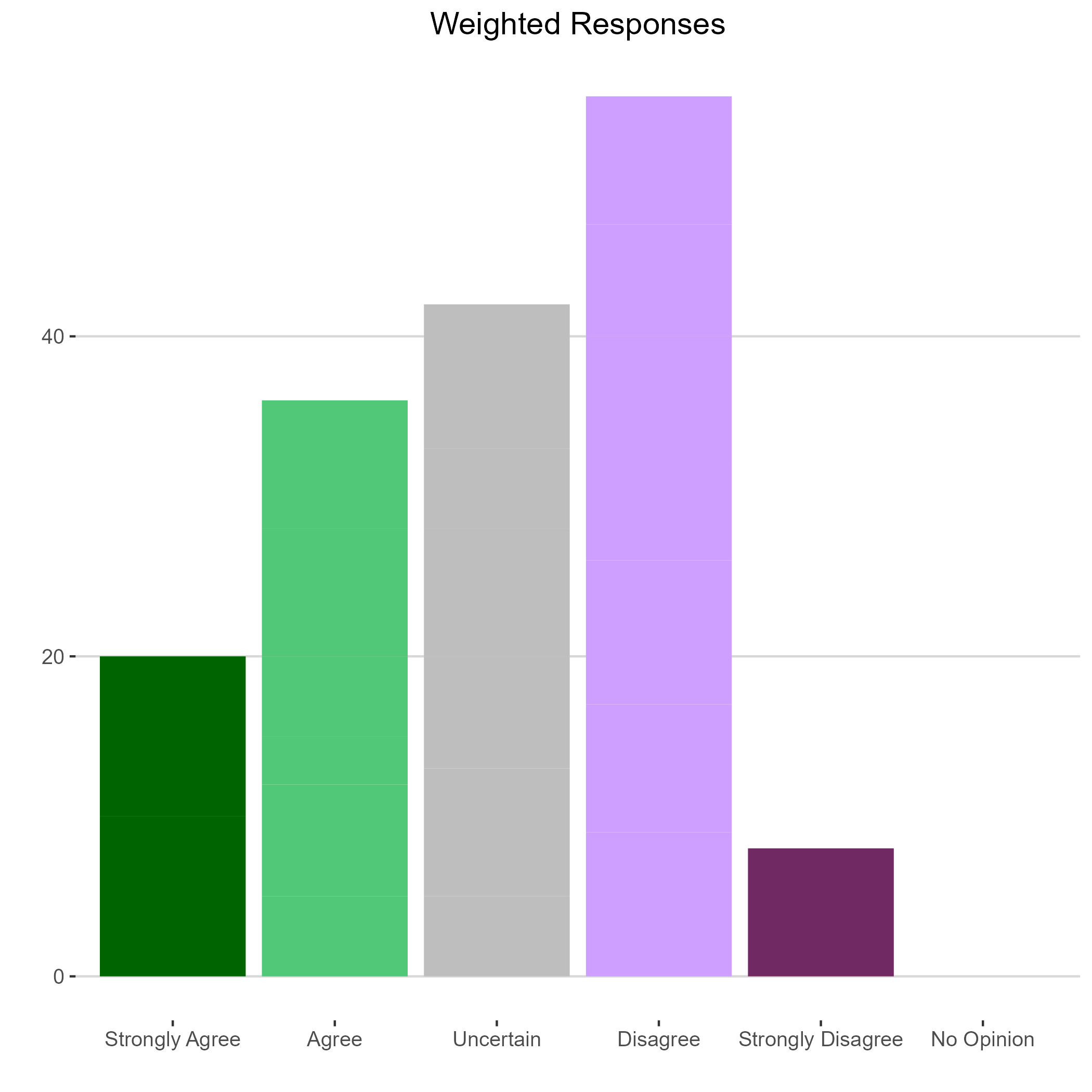Question A: A "right-to-work" law would grow the Ohio economy.
Question B: A "right-to-work" law in Ohio would increase state employment.
Question C: A "right-to-work" law in Ohio would exacerbate inequality in the state.
Question A: A "right-to-work" law would grow the Ohio economy.
Question B: A "right-to-work" law in Ohio would increase state employment.
Question C: A "right-to-work" law in Ohio would exacerbate inequality in the state.






